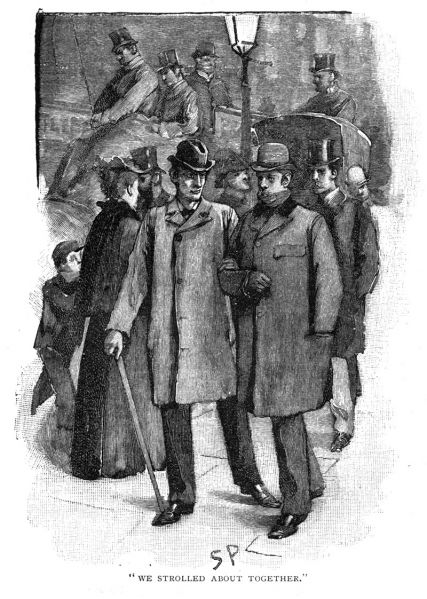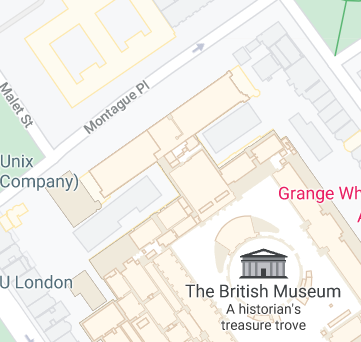Re-read: The Six Napoleons
Aug. 20th, 2021 03:49 pmThis is also one of my favourite stories, and its Granada adaptation was brilliant. I love the opening of this story, when Lestrade came over to Baker Street on a friendly visit. It's a far cry from the beginning, when Holmes laughed at him behind his back and lamented that Lestrade grabs all the spotlight. Years went by, and now all three of them are very comfortable with their positions in life and have mutual respect for each other.
I love Watson's medical expertise, how he stays up to date with the newest developments in medicine. It's fun that Holmes admits he can't laugh at trivial beginnings because they can lead to unique and complicated cases. Holmes definitely learned his lesson from the time of the Copper Beeches, when he found nothing better to do than getting on Watson's nerves, having received a letter from a governess asking for advice.
As always, I checked the blog called An Observance of Trifles, and I agree with a point which was made there: isn't it strage that there are so many Napoleon fans in Victorian Britain? So many, in fact, the his busts are manufactured in hundreds.
This story is a finest example of Holmes's mental powers. Unlike the previous story, he does a great deal of brain work here which is crucial to the solution of the case. Lestrade, however, is not a bungler from STUD anymore; he does some good job too. It's really a pleasure to see the seasoned professionals at work.
Holmes was excellent at planting fake news before it became mainstream. It's so fun that he uses the media to his advantage. And here I wonder whether he experienced the reverse side of being a celebrity, whether the tabloids chased him. Perhaps it was the case if he asked Watson not to publish more stories for the time being.
And as always Watson demonstrates that he knows Holmes so well. He reads Holmes easily, seeing when Holmes is preoccupied with ideas of his own while politely listening to something else.
Returning to the Granada adaptation of this story, the opening always gets me: it's so hysterically funny and over-the-top. And I was also completely flabbergasted, having found out that Marina Sirtis of Star Trek TNG guest starred in this episode. I didn't recognise her at all!
I love Watson's medical expertise, how he stays up to date with the newest developments in medicine. It's fun that Holmes admits he can't laugh at trivial beginnings because they can lead to unique and complicated cases. Holmes definitely learned his lesson from the time of the Copper Beeches, when he found nothing better to do than getting on Watson's nerves, having received a letter from a governess asking for advice.
As always, I checked the blog called An Observance of Trifles, and I agree with a point which was made there: isn't it strage that there are so many Napoleon fans in Victorian Britain? So many, in fact, the his busts are manufactured in hundreds.
This story is a finest example of Holmes's mental powers. Unlike the previous story, he does a great deal of brain work here which is crucial to the solution of the case. Lestrade, however, is not a bungler from STUD anymore; he does some good job too. It's really a pleasure to see the seasoned professionals at work.
Holmes was excellent at planting fake news before it became mainstream. It's so fun that he uses the media to his advantage. And here I wonder whether he experienced the reverse side of being a celebrity, whether the tabloids chased him. Perhaps it was the case if he asked Watson not to publish more stories for the time being.
And as always Watson demonstrates that he knows Holmes so well. He reads Holmes easily, seeing when Holmes is preoccupied with ideas of his own while politely listening to something else.
Returning to the Granada adaptation of this story, the opening always gets me: it's so hysterically funny and over-the-top. And I was also completely flabbergasted, having found out that Marina Sirtis of Star Trek TNG guest starred in this episode. I didn't recognise her at all!






